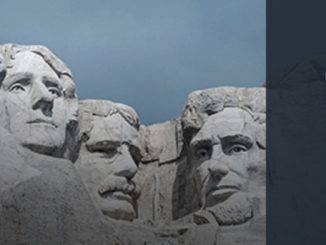On January 3, 1973, James Abourezk, a Congressperson representing South Dakota’s 2nd District, takes office in his newly elected role in the U.S. Senate, once again representing his home state. Abourezk, who is of Lebanese descent, was the first Arab American to ever serve in the U.S. Senate.
During his time as a national representative, Abourezk was a vocal critic of American policy in the Middle East and of the Israeli lobby, as well as an advocate for Palestinian rights and a staunch fighter for Indigenous Americans. He authored a resolution to create the American Indian Policy Review Commission, which conducted a review of Native Americans’ relationship to the federal government to determine necessary changes in policy. He later served as Chairman of the Senate Indian Affairs Subcommittee from 1977 to 1979, during which he brought forward a resolution to protect and preserve Native Americans’ right to religious freedom, as aspects of their religious practices had long been outlawed. Perhaps most notably, Abourezk introduced and spurred the passage of the Indian Child Welfare Act (ICWA), which sought to prevent the break-up of Native American families; preserve Indigenous cultures across generations; and gave jurisdiction to tribal courts in decision-making regarding the custody, adoption, or fostering of children who live on tribal land.











Be the first to comment